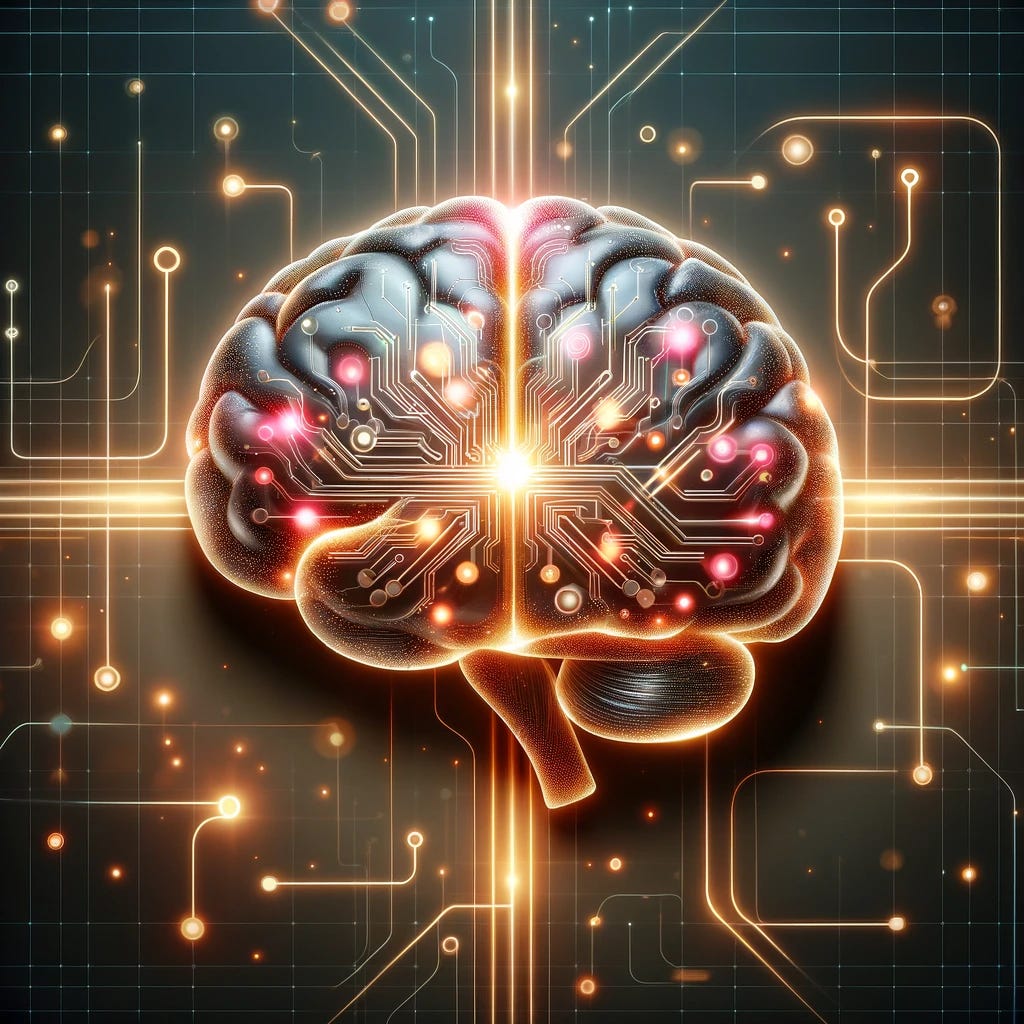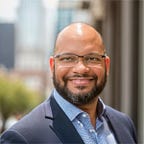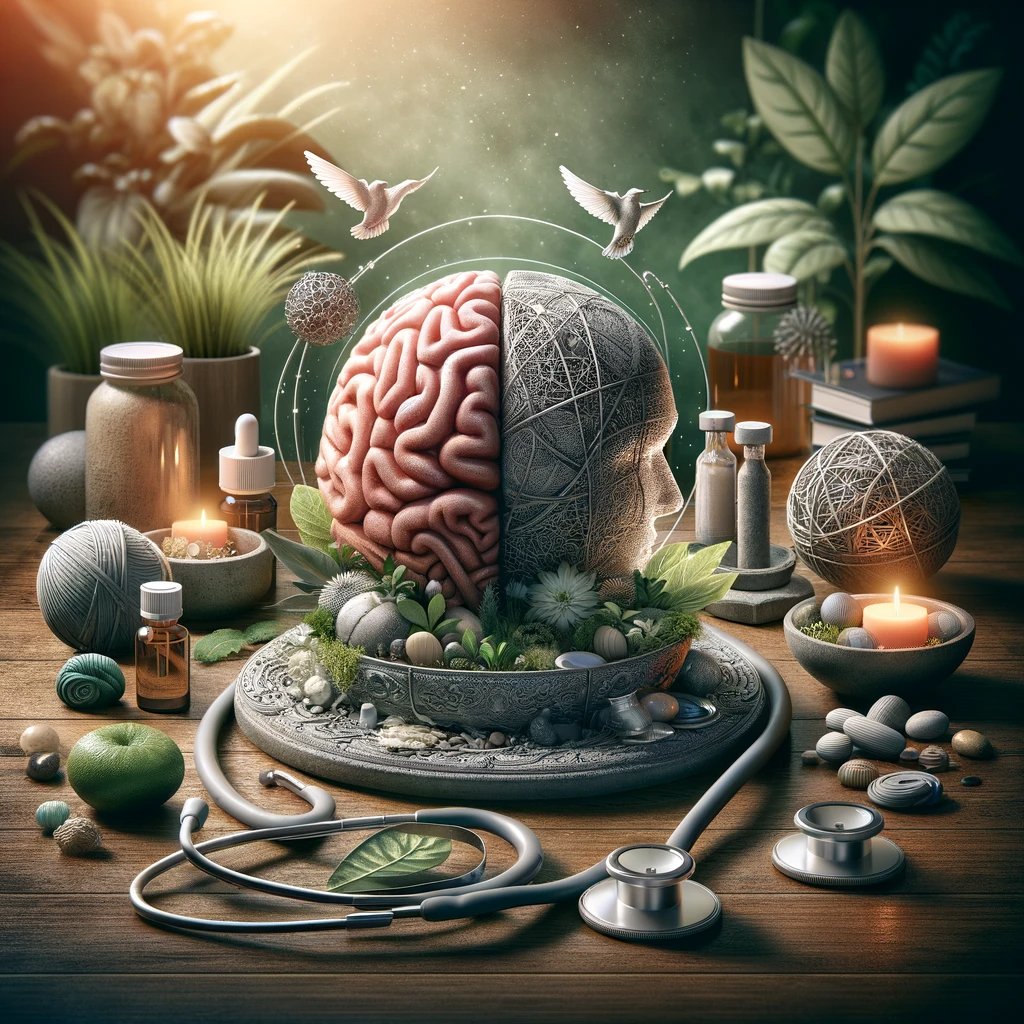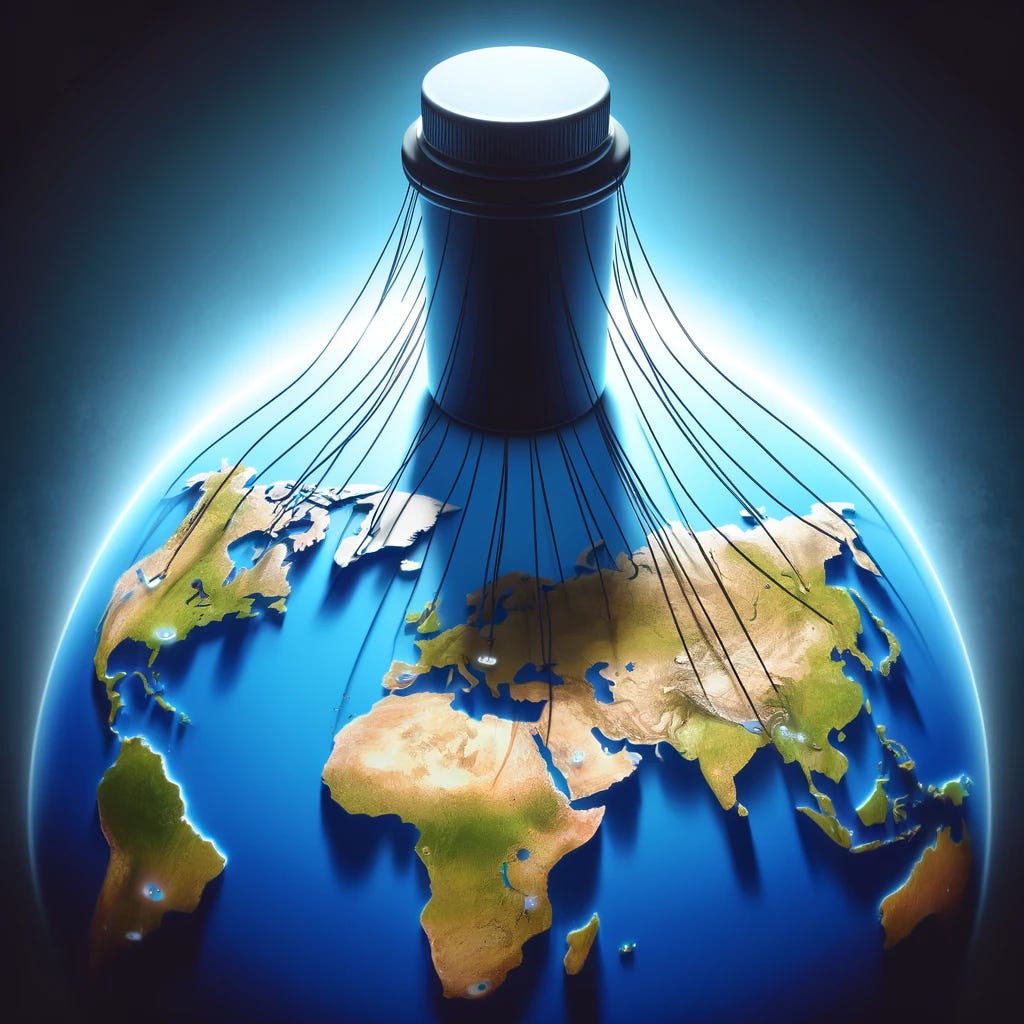Integrating East and West: A Harmonious Health Journey
Integrating East and West: A Harmonious Health Journey
The Unlikely Convergence: My Revelation in Holistic Healing

In the tapestry of my practice as a psychologist, the most vibrant threads have been the moments of revelation — those unexpected insights that arise at the intersection of diverse healing philosophies. I embarked on a journey, blending the precision of Western medicine with the wisdom of Eastern traditions, not because I sought novelty, but because the complex narratives of healing demanded it.
Years ago, I found myself sitting across from a client who was as much an enigma to themselves as they were to the medical community. Traditional approaches had offered them little solace, and they were adrift in a sea of unanswered questions. It was in this crucible of frustration that I began to look beyond my training, seeking answers in the rich traditions of Eastern medicine. What I discovered was not just a set of alternative practices, but a fundamentally different way of viewing health and illness.
Eastern medicine, with its focus on energy, balance, and the interconnectedness of body and mind, provided a fresh lens through which to view my client’s struggles. It wasn’t about replacing one system with another but about creating a dialogue between them. I began incorporating mindfulness techniques, acupuncture, and herbal remedies into my practice, not as mere supplements, but as integral components of a holistic approach to health.
A Bridge Over Troubled Waters: Solving the Mind-Body Puzzle
The problem-solving machine that is the human mind loves a good puzzle, and the challenge of integrating Eastern and Western medicine is akin to assembling a complex jigsaw. Each piece represents a different modality or philosophy, and the picture only becomes clear when all the pieces fit together harmoniously.
One of the most profound ‘aha’ moments in my career came from the realization that mental health cannot be siloed from physical health. The Western medical model often treats the mind and body as separate entities, a dichotomy that leaves many gaps in care. Eastern philosophies, with their holistic view of the individual, helped bridge this divide.
I recall a client struggling with chronic anxiety, a condition that resisted conventional treatments. By viewing their anxiety through the holistic lens of Eastern medicine, I began to see it not just as a symptom to be managed but as a signal of imbalance. Incorporating yoga and meditation into their treatment plan, alongside cognitive-behavioral therapy, transformed their journey to wellness. It was a vivid illustration of how blending practices can create a more comprehensive solution to complex problems.

Walking in Your Shoes: Empathy in the Healing Journey
To truly integrate Eastern and Western medicine, one must step into the shoes of those we serve. This empathy-driven approach has reshaped my practice, guiding me to see the healing journey not just from my vantage point as a clinician but from the intimate perspective of my clients.
This shift in perspective was crystallized for me during a session with a client who had been navigating the labyrinth of chronic pain. Western treatments had offered only temporary reprieves, and they felt unheard and unseen by the healthcare system. By adopting an empathetic lens and incorporating Eastern modalities that emphasized the individual’s experience of their body, we embarked on a journey of discovery together. This process was not just about finding relief but about reclaiming a sense of agency over their health.
Empathy in this context means more than just understanding; it’s about action. It’s about tailoring treatments that honor the client’s unique experience, blending the best of East and West to craft a path to wellness that is as individual as the people who walk it.
Leveraging Collective Wisdom: A Humble Approach to Healing
Acknowledging that I am but one node in a vast network of knowledge has been both a humbling and empowering realization. The collective wisdom of countless practitioners and patients, from the ancient healers of the East to the pioneers of Western medicine, forms a rich repository of healing practices.
In my work, leveraging this collective wisdom means not positioning myself as the sole architect of healing but as a facilitator who brings together the best of both worlds. It’s about recognizing that, while my experiences and insights have value, they are magnified when woven together with the broader tapestry of medical knowledge.
This approach came to life with a client who had been battling depression. By integrating the structure and rigor of Western psychotherapy with the mindfulness and self-compassion practices rooted in Eastern traditions, we crafted a treatment plan that was greater than the sum of its parts. It was a testament to the power of humility in the healing process, acknowledging that the journey to wellness is a collective endeavor.
Crafting a New Narrative in Healthcare
The journey of integrating Eastern and Western medicine is not just about combining treatments; it’s about crafting a new narrative in healthcare — one that values balance, empathy, and the interconnectedness of all aspects of the individual. As a psychologist, my role has evolved from expert to guide, navigating this complex landscape alongside my clients.
This journey has taught me that healing is not a destination but a process, one that requires openness, flexibility, and a willingness to learn from the vast array of wisdom that humanity has accumulated. By embracing both the precision of Western medicine and the holistic vision of Eastern practices, we can offer our clients a path to wellness that is as rich and varied as the human experience itself.
In this narrative of health, every individual’s story is unique, and every healing journey is a testament to the power of integrating diverse paths to wellness. It is a narrative that respects the complexity of the human condition and offers hope for a more harmonious approach to healing.
Dr. Jerry D. Smith Jr. is a clinical psychologist and empathic expert specializing in human empowerment and leadership.
More from Dr. Jerry Don Smith Jr. and Integrative Wellness Journal (IWJ)






